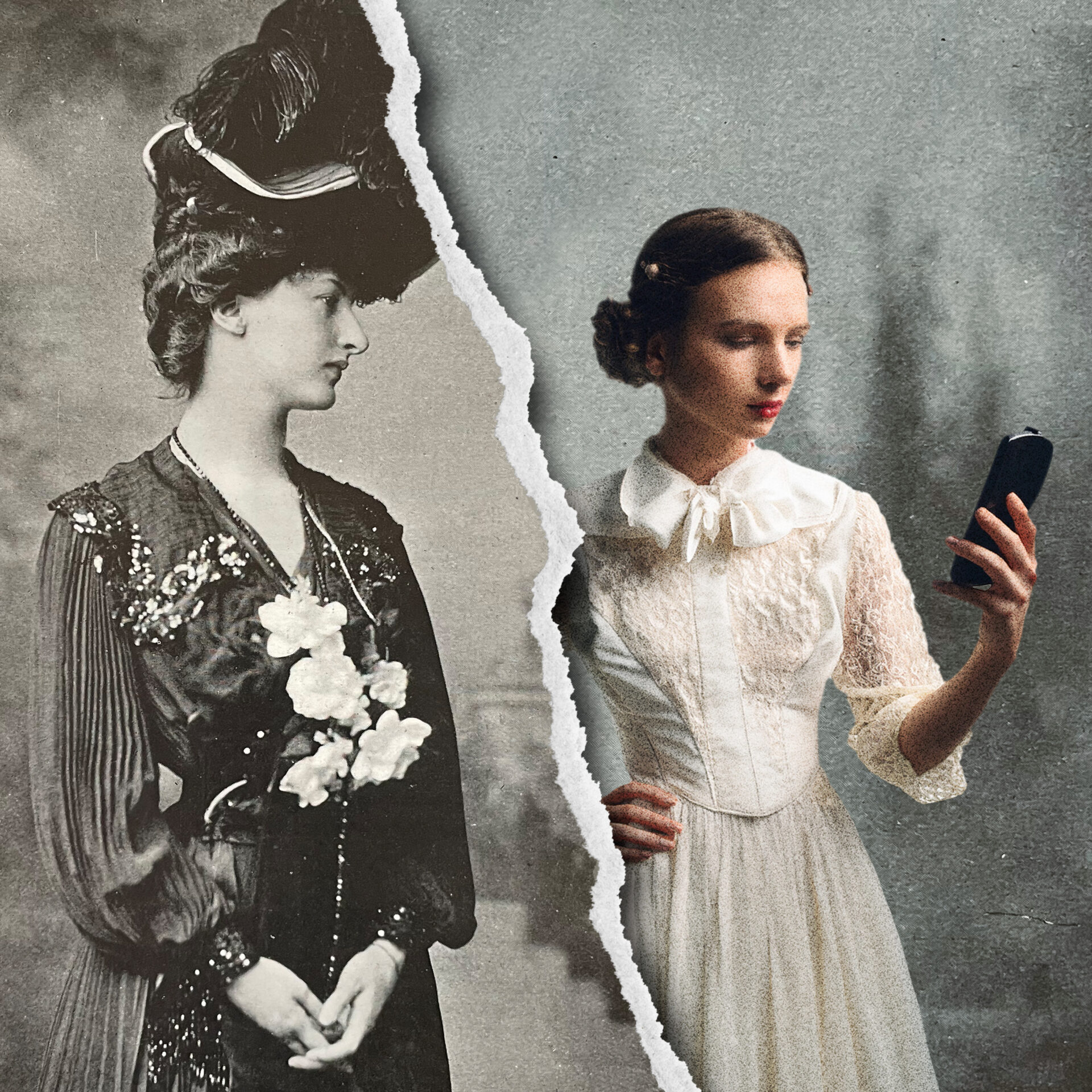I once got into a heated tussle about straying over the fine line between fact and fiction in my historical writing. My critic thought I was spreading misiformation, that my ideas about what might have happened were becoming too imagined and distanced from the facts. Looking back, I think they were right, and what an important lesson that was to learn.
The line is a thin one. But it’s one I have always felt I need to tread when I want to give events from long ago an immediacy as if they happened only yesterday. Sometimes monumental things happen between two factual sources. The gaps between them begin to feel like chasms. What happened there I wonder? I’d wish I’d been there to watch history minute-by minute is another thought that floats before my eyes.
And then, I go looking for possible reasons for why that monumental event happened. Perhaps the person met someone who said something to them, perhaps they found a book or a magazine to read, perhaps they woke up one day and went somewhere they wouldn’t normaly go, perhaps…..The list is usually endless.
It’s ok to have theories, I’ve had them all my life. But to have theories about history can be a dangerous thing. Before you know it you have a favorite theory, you know, “one that couldn’t possibly be wrong”. You go out looking for other instances which have a similar background to fill in the gaps. Turns out that they had a completely different outcome from following your theory. But our brains are wired to be right, and find it difficult to admit that we are wrong. So we keep on believing in our theory. Others, know how History proves us wrong.
However, theories are just what they say they are. Theories. They certainly aren’t facts, until there is enough corroborating evidence from different sources to make it highly unlikely that something different happened. However, in the example of the two census reports and the monumental change, the fact that you have seen the change and wonder why or how it happened is a fact, and deserves to be discussed. After that, it’s really good to have theories. That helps everyone think about what might have been the cause of the monumental change. And you are perfectly justified to talk about them, but present them as a theory. There are plenty of words to signify that you are departing from the facts.
Try some of these when you are entering the realm of “perhaps”.

